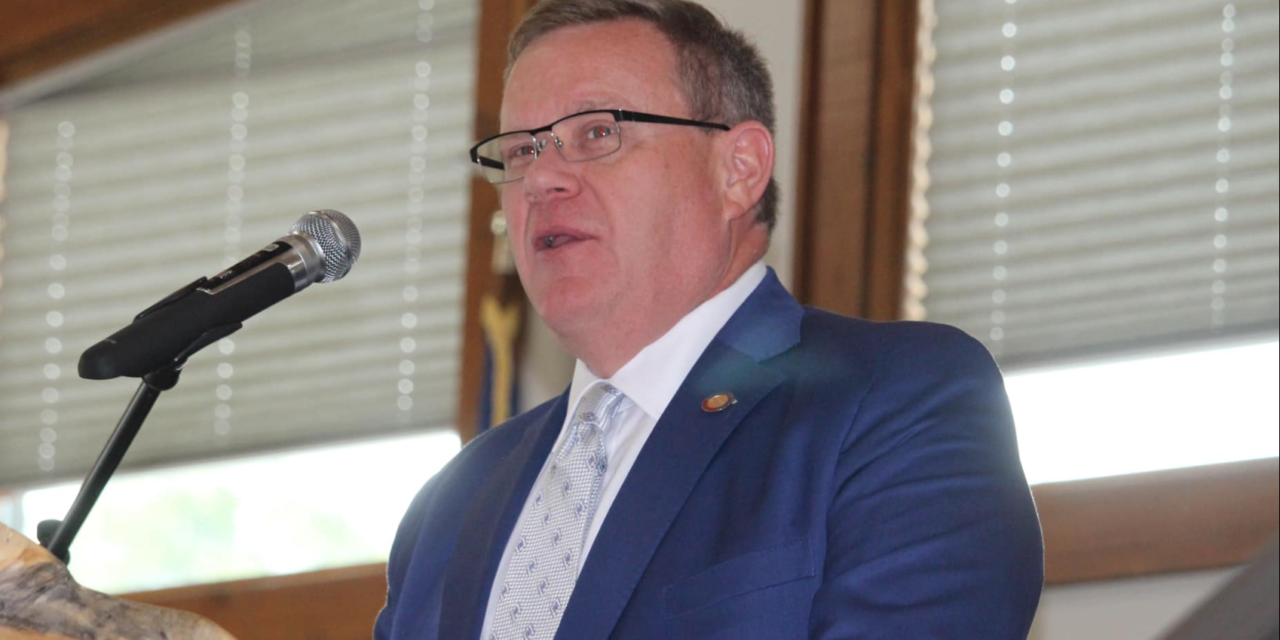Opponents of expanded casino gambling in North Carolina, primarily from Rockingham County, took their fight to Raleigh this week, and it appears they have been successful.
NC House Speaker Tim Moore (R-Cleveland) sent an email to Republican state representatives saying that legislation to legalize more casinos in the state would not be included in the state budget bill this year.
The email from Moore states:
“Members,
“There has been confusion regarding the status of the vote count regarding gaming and other matters.
“To be clear, we will not pass a budget that does not have 61 Republican votes.
“As you can see, there are not 61 Republicans willing to vote for the budget if it includes gaming.
“Watch you inboxes for a caucus meeting next week about the budget without gaming.
“Sincerely,
“Tim”
Both Moore and President Pro Tem of the state Senate Sen. Phil Berger (R-Rockingham) have publicly expressed support for increasing the number of casinos in the state. There are currently three casinos all operating on Native American tribal lands.
A draft of a bill that has not been introduced would allow four new gambling casinos in the state, one each in Rockingham, Anson and Nash counties and an additional casino would be operated on Lumbee Tribal Lands.
The perception was that this legislation did not have the support needed to pass as a stand-alone bill but would be included in the budget bill.
The attempt to gain support for the gambling legislation was reportedly one of the issues that has delayed the passage of the state budget.
The email from Moore to Republican representatives indicates that the attempt to gain support from enough Republicans in the House to pass a budget bill that included expanded casino gambling in the state has failed.
The state House has 120 members, and the current makeup is 72 Republicans and 48 Democrats. In his email, Moore states that a budget that includes gaming did not have the support of 61 Republican representatives, the minimum needed to pass the budget.
While this is a win for opponents to expanded casino gambling in the state, a stand-alone bill could still be introduced.


Failed, as it should have.